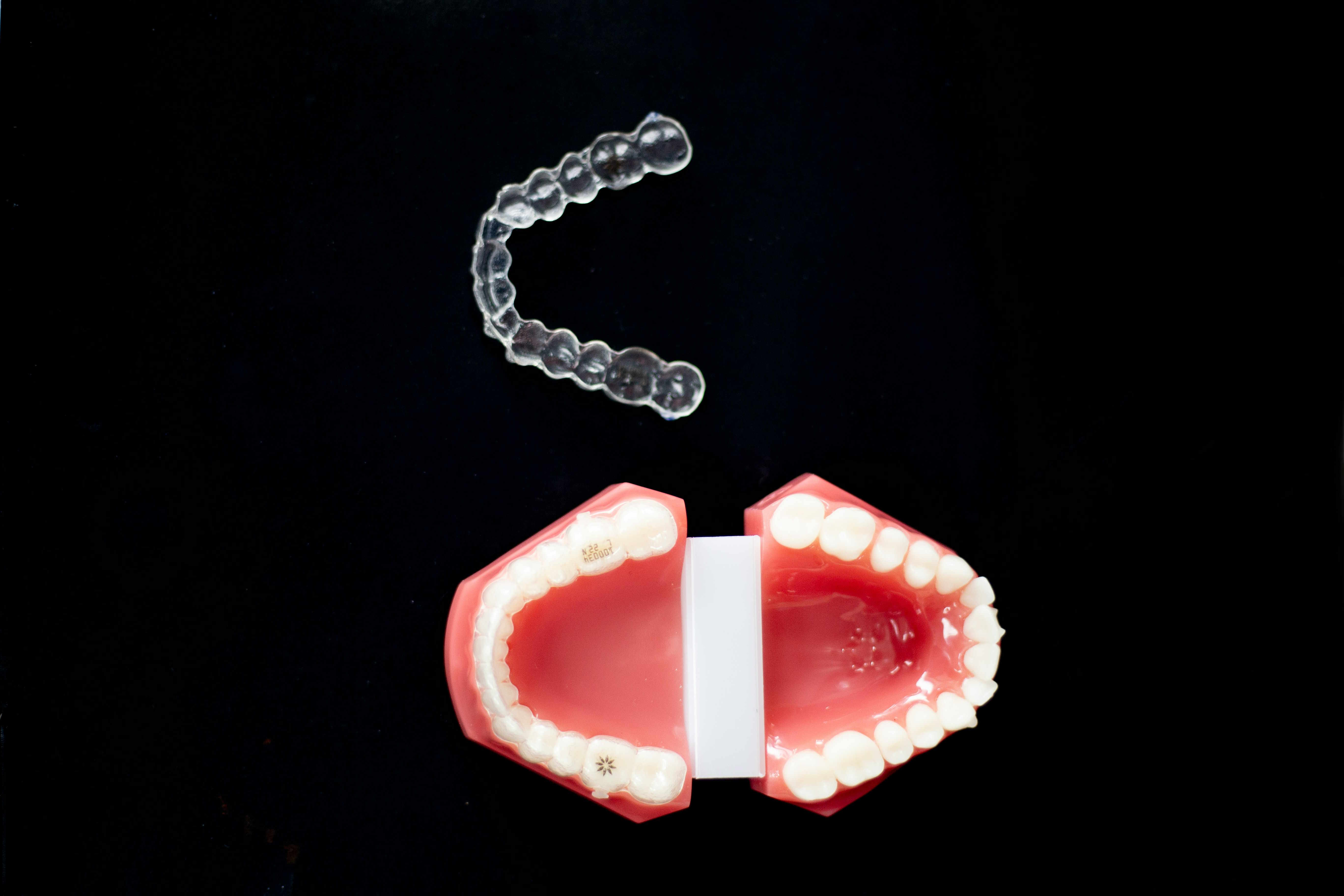Understanding Dental Implant Costs and Coverage in Ireland for 2025: Key Information
Did you know dental implants in Ireland in 2025 are often considered cosmetic and generally not covered by public healthcare? This article provides an overview of typical costs, insurance options, and factors affecting treatment expenses to help you learn more about dental implant procedures in Ireland

Understanding Dental Implant Costs in Ireland
Dental implant treatment in Ireland represents a significant financial investment for most patients. The total cost typically ranges from €1,500 to €3,000 per single tooth implant, though this can vary based on several factors. The complete procedure usually involves three components: the titanium implant fixture (which replaces the root), the abutment (connecting piece), and the crown (visible tooth portion). For full-mouth restorations or multiple implants, costs can range from €15,000 to over €30,000 depending on complexity and the system used.
Urban centers like Dublin and Cork generally command higher prices than rural areas, reflecting the higher operational costs for dental practices in these locations. Additionally, specialist implantologists with extensive experience and advanced qualifications often charge premium rates compared to general dental practitioners offering implant services.
Coverage Options for Dental Implants in Ireland
Unlike essential dental treatments, implants are generally classified as cosmetic procedures in Ireland, resulting in limited coverage through public health systems. However, patients have several potential avenues to help manage these costs:
The Treatment Benefit Scheme through PRSI contributions provides some assistance, though it typically covers only a small portion of implant costs. Most patients can claim a tax relief of 20% on dental expenses through the Med 2 form under the Revenue’s Med 1 scheme, which applies to dental implant procedures.
Private dental insurance plans in Ireland offer varying levels of coverage for implants. Companies like VHI Dental, DeCare Dental, and Irish Life Health provide specialized dental plans that may cover between 20-70% of implant costs, though waiting periods of 1-2 years are common before coverage begins for major dental work like implants.
Some dental practices offer payment plans allowing patients to spread the cost of treatment over 6-24 months, sometimes interest-free for shorter terms. Dedicated medical finance companies also provide specialized dental loans with competitive interest rates compared to standard personal loans.
Factors Patients Should Consider When Planning Implant Treatment
The success of dental implant treatment depends on numerous factors beyond cost. Patients should evaluate the qualifications and experience of their implantologist, as specialized training in implantology significantly impacts treatment outcomes. Request to see before-and-after cases of similar procedures and check credentials thoroughly.
Comprehensive aftercare is crucial for long-term implant success. Patients should ensure their dental practice offers regular follow-up appointments, maintenance support, and clear guidance on implant care. Quality dental practices should also offer reasonable guarantees on both the implant components and the work performed.
The choice of implant system affects both cost and longevity. Premium brands like Straumann, Nobel Biocare, and Dentsply Sirona typically cost more but have extensive research backing their performance and longevity. While cheaper alternatives exist, they may not offer the same level of documentation regarding long-term success rates.
Exploring Dental Tourism as an Option
Many Irish patients consider traveling abroad for dental implant treatment due to potential cost savings. Countries like Hungary, Turkey, Poland, and Spain offer implant procedures at 40-70% lower prices than Irish rates. A single implant that might cost €2,500 in Ireland could be available for €800-1,200 in these destinations.
However, dental tourism comes with important considerations. Ensuring proper qualifications and standards can be challenging in foreign clinics, and communication barriers may complicate treatment planning and follow-up care. Post-treatment complications could necessitate return visits, potentially eliminating any cost savings. Additionally, warranty claims and follow-up care may be impractical when providers are in different countries.
For those considering this route, researching clinics through independent review platforms, verifying dentist credentials, and understanding exactly what’s included in quoted prices is essential. Some Irish dentists now offer hybrid solutions where they handle planning and aftercare while partnering with overseas clinics for the surgical phase.
Comparison of Dental Implant Providers in Ireland
Below is a comparison of dental implant providers across Ireland showing typical pricing and service offerings:
| Dental Clinic | Location | Single Implant Cost | Full Arch Solution | Implant Brands Used |
|---|---|---|---|---|
| Dublin Implant Center | Dublin | €1,800-€2,500 | €20,000-€25,000 | Straumann, Nobel Biocare |
| Cork Dental Implants | Cork | €1,700-€2,300 | €18,000-€23,000 | Straumann, Dentsply |
| Galway Dental Care | Galway | €1,500-€2,200 | €16,000-€21,000 | Nobel Biocare, Osstem |
| Limerick Dental Specialists | Limerick | €1,600-€2,300 | €17,000-€22,000 | Straumann, Neodent |
| Border Dental | Dundalk | €1,400-€2,000 | €15,000-€20,000 | Osstem, Megagen |
Prices, rates, or cost estimates mentioned in this article are based on the latest available information but may change over time. Independent research is advised before making financial decisions.
Summary
Dental implant treatment in Ireland represents a significant investment in oral health, with costs typically ranging from €1,500-€3,000 per implant and considerably more for full-mouth restorations. While public coverage is limited, patients can access partial assistance through tax relief, private dental insurance, and payment plans. When planning implant treatment, considering practitioner qualifications, aftercare provisions, and implant quality is as important as the initial cost. While dental tourism offers potential savings, it comes with additional risks and considerations regarding continuity of care and warranty support.
As technology advances and competition increases in the dental implant market, patients now have more options than ever. Taking time to research providers, understanding all costs involved, and exploring available financial assistance can help make this valuable dental treatment more accessible to Irish patients seeking long-term solutions for missing teeth.
This article is for informational purposes only and should not be considered medical advice. Please consult a qualified healthcare professional for personalized guidance and treatment.




